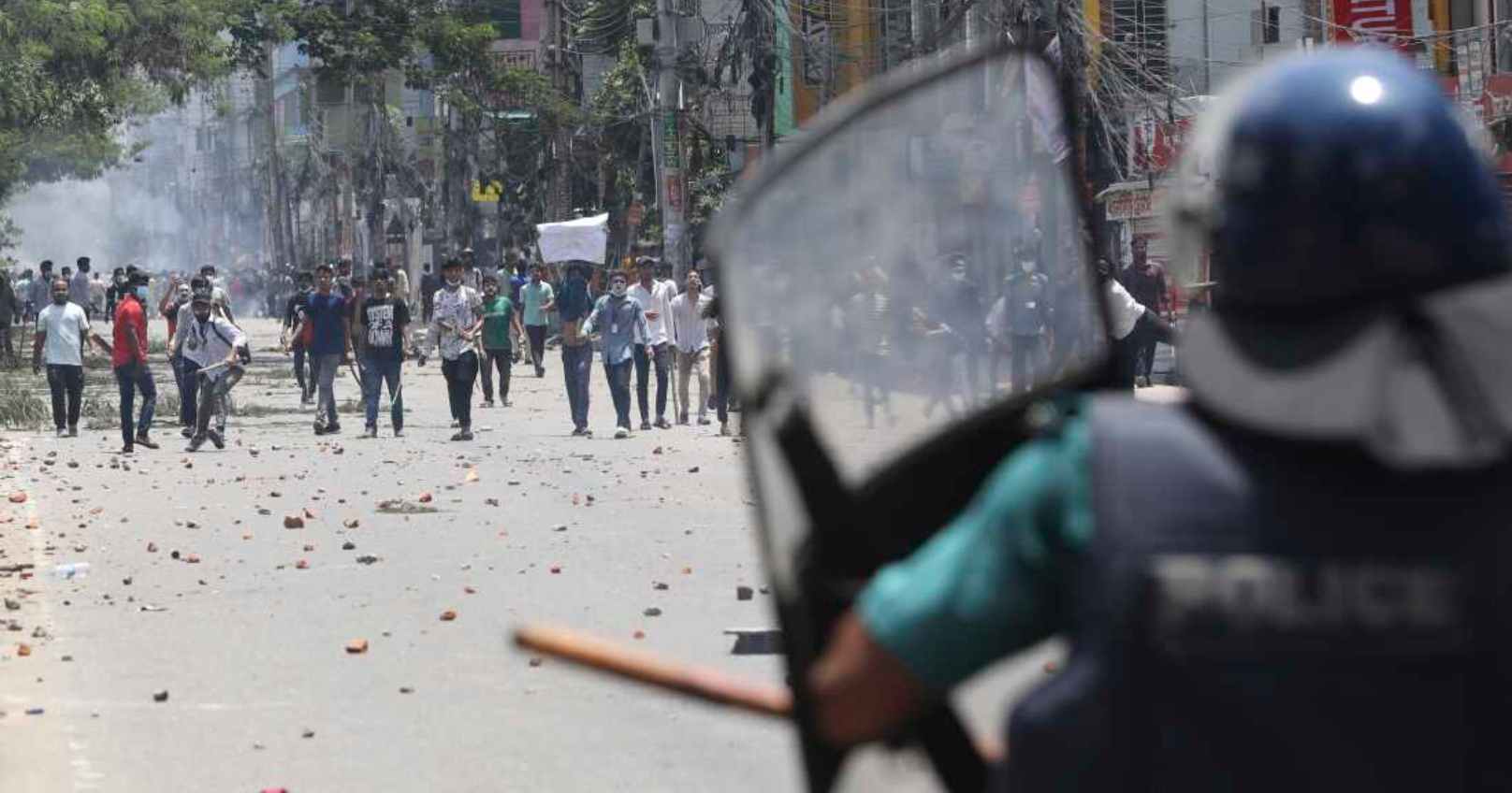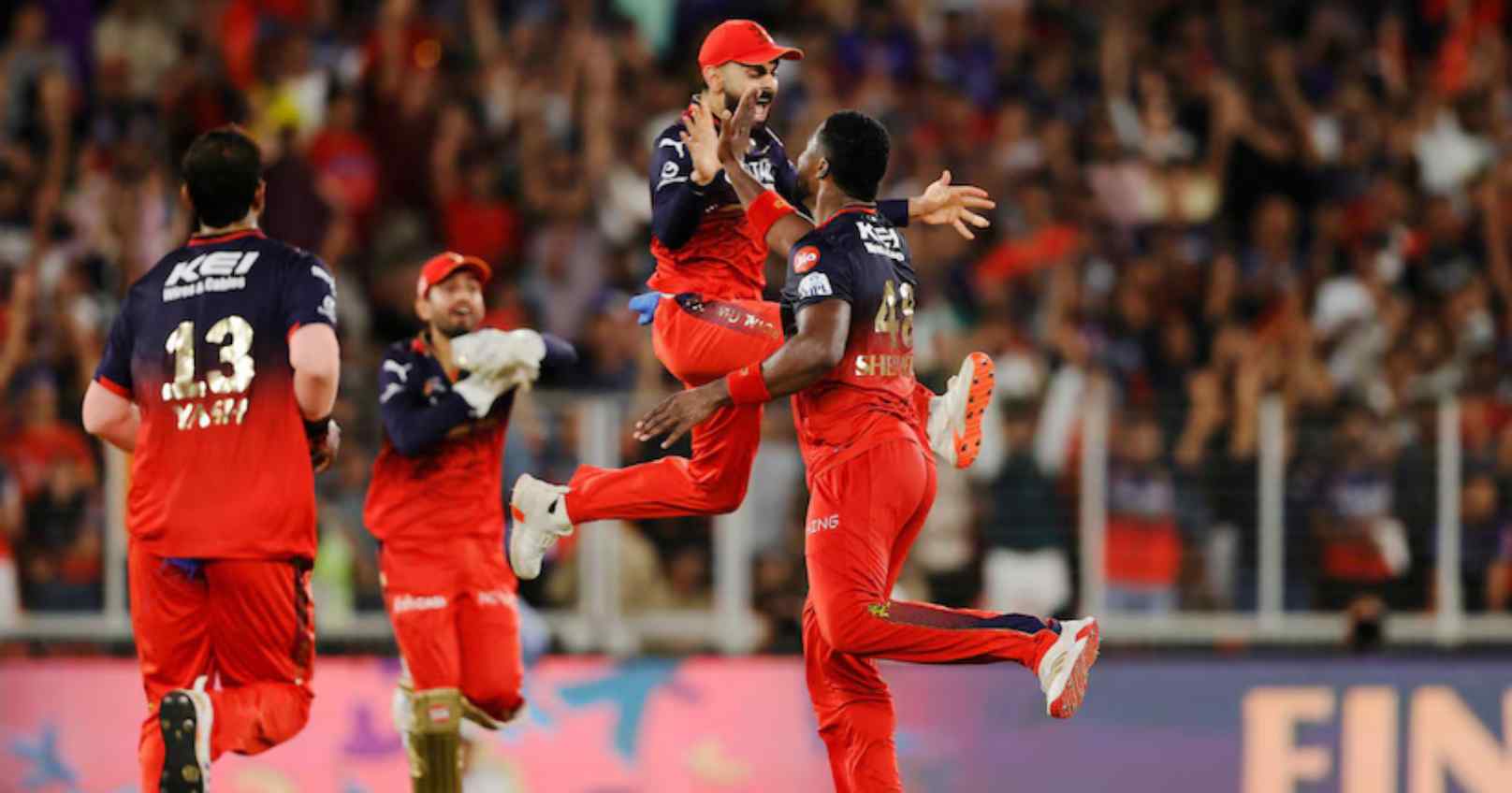Bangladesh has extended a nationwide curfew and granted police "shoot-on-sight" orders as the Supreme Court prepares to rule on the controversial civil service job quota that has sparked widespread protests among university students.
The Supreme Court is set to deliver its verdict on Sunday regarding the potential abolition of the job quota system, which has triggered violent protests and clashes resulting in at least 133 deaths.
Key Developments in the Bangladesh Student Protests:
-
Supreme Court Verdict: The court will decide on Sunday whether to abolish the civil service job quotas. The High Court had reinstated these quotas last month following petitions from relatives of 1971 Liberation War veterans, which ignited the current wave of protests.
-
Extended Curfew: A strict curfew, initially imposed across Bangladesh on Friday to curb the unrest, has been extended until 3 pm on Sunday, after the Supreme Court hearing. The curfew was briefly lifted on Saturday afternoon for essential errands.
-
Police Orders: Obaidul Quader, the general secretary of the ruling Awami League party, informed AFP that police officers have been granted the authority to open fire on curfew violators.
-
Protest Spread and Violence: Originating on university campuses, the protests have spread nationwide. Clashes between police and protesters have led to at least 133 deaths, including several police officers.
-
Quota System Controversy: The unrest centers around a system that reserves over half of civil service positions for specific groups, including descendants of veterans from the 1971 independence war against Pakistan.
-
Educational Disruptions: The government, led by Prime Minister Sheikh Hasina, has indefinitely closed all public and private educational institutions, disrupting the lives of many students, including nearly 1,000 Indian students who have returned home.
-
International Reactions: The US State Department has advised Americans against traveling to Bangladesh and is evacuating some diplomats and their families due to the civil unrest.
-
Government Response: Prime Minister Hasina has further fueled tensions by comparing the protesters to those who sided with Pakistan during the 1971 war. Her administration has also imposed a communications blackout, blocking internet and social media access since Thursday night.
-
Broader Movement: Initially focused on job quotas, the protests have evolved into a larger movement against Hasina's government, which has been in power since 2009. This unrest marks some of the most severe violence Bangladesh has experienced in over a decade.
-
Defense of Quota System: Prime Minister Hasina has defended the quota system, emphasizing that veterans deserve the highest respect for their contributions to the war, irrespective of their political affiliations.
The situation remains tense as the nation awaits the Supreme Court's ruling, which will likely have significant implications for the country's civil service system and political stability.







